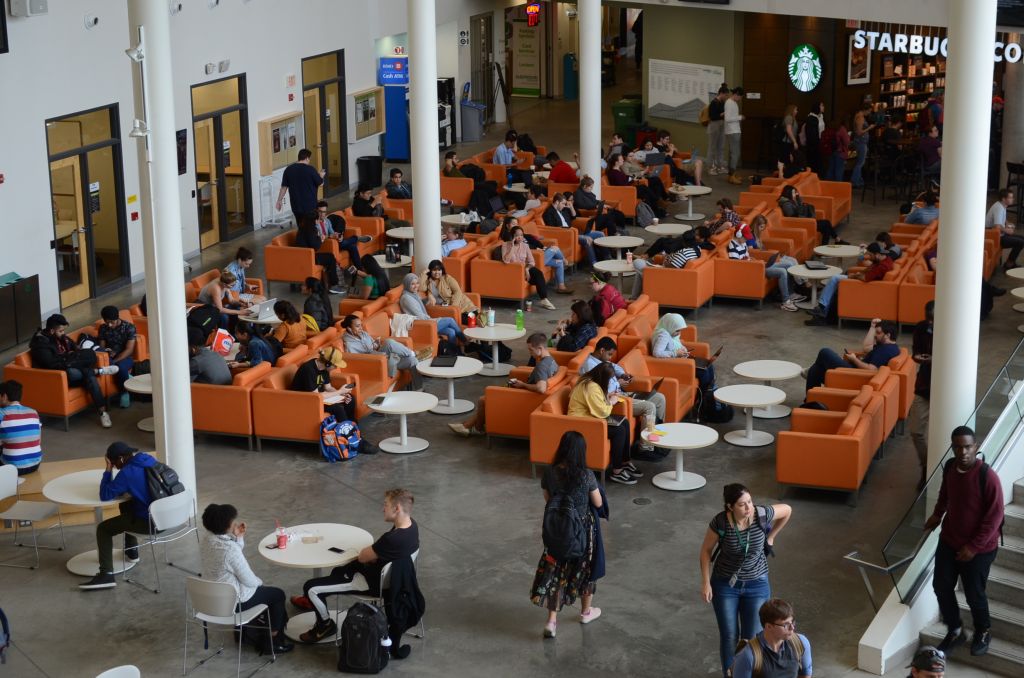The change will cut summer break to one month. The only programs exempt from this change are apprenticeship, full-time online and certain academic achievement level programs.
The college’s decision, according to its website, is meant to provide students a week-long study break in-between semesters, to prioritize the well-being of students and faculty, increase intake and make better use of the college’s facilities year-round.
For Frederick Fanfan, however, a third year student studying civil engineering technology, the cons far outweigh the pros.
“I understand why they’re doing it, but I think there’s going to be underlying problems when it comes to money and the psychology of students, epecially depending on their program and how tough it is. They need that break during summertime.”
He agreed that this would offer students more enrolement options and a faster program completion time. However he also feels it may make things harder for students paying their own way through school without financial assistance.
“I think teaching year-round sounds tough and might affect teachers as well.”
Joseph Richardson, a teacher from the business administration program, doesn’t think so.
“That’s fine with me. I think it’s a good idea,” said Richardson. He believes other post-secondary schools should adopt the model as well. “It will give students a chance to catch up and improve their grades with their summer courses.
However, he also acknowledge that not everyone will see the changes as positive.
“Some students won’t like it,” he added.


